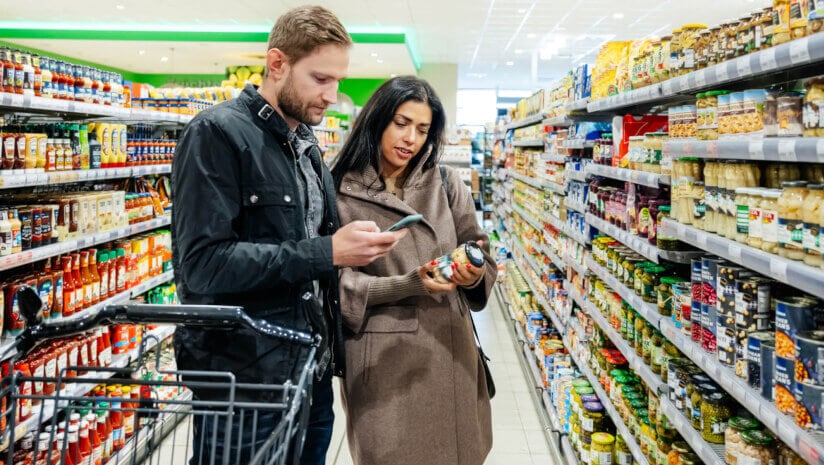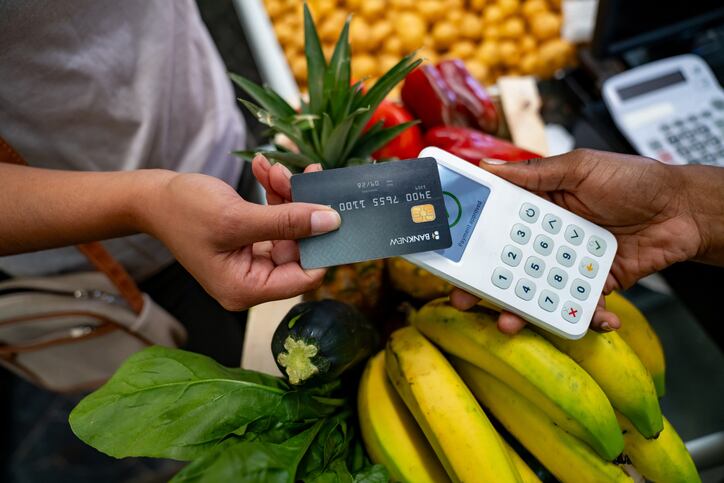Consumers are changing where and how they shop for groceries, increasingly favoring specialty and value-oriented stores over traditional supermarkets as inflation continues to lessen purchasing power.
Overall, grocery visits maintained growth year-over-year throughout Q3 2024, with a 4.6% spike during the first week of July, according to a Placer.ai report. By the end of July, visits slowed to 0.4%, only to rebound in August (peaking at 2.7%) and sustained steady increases in the four weeks in September (ranging from 2.0% to 2.9%), according to the report.
Yet, specialty and value stores gained traction as they met shoppers’ evolving needs for gourmet experiences or budget-friendly options, per the report.
Specialty stores attract shoppers seeking gourmet, premium offerings
Specialty grocery stores, like Trader Joe’s, Sprouts Farmers Market and H Mart are drawing more shoppers seeking gourmet, organic or culturally-specific items at a premium price, often catering to consumers who are willing to pay higher prices for niche offerings, according to the Specialty Food Association (SFA).
Specialty food sales across retail, foodservice and e-commerce rose 6.5% to $206.8 billion in 2023, per SFA’s State of the Industry report, with categories like sauces, drink mixes and snack bars performing particularly well in natural and specialty channels. Shoppers also are willing to travel farther for these experiences, with 26.4% of consumers traveling more than seven miles to visit specialty stores in Q3 2024, compared to 22.7% traveling the same distance for traditional grocery stores and 21.4% for value chains.
Price-conscious shoppers spend more time in value chains looking for deals
Value-oriented chains such as Aldi, WinCo Foods and Grocery Outlet Bargain Market provide price-sensitive shoppers with promotions and deals they cannot find in other stores. Consumers shopping in value chains spend more time in these stores, with 26.5% of visits lasting more than 30 minutes in Q3 2024, compared to the same time spent in traditional (23.4%) and specialty (23.7%) chains, according to Placer.ai data.
As consumers prioritize savings, banner stores like H-E-B’s Joe V’s Smart Shop and Hy-Vee’s Dollar Fresh are leveraging lessons from value chains by expanding their discount banners, according to the report.
Private labels rival national brands
With 53% of retailers projecting private label to be their top growth driver this year, the channel is set to rival national brands, according to Nielsen IQ’s (NIQ) 2024 global consumer outlook survey. Private label dollar sales grew from $176.1 billion to $236.3 billion between 2019 and 2023, a 34.2% increase, according to Statista. In the next 10 years, the channel is projected capture 25-30% market share, as reported previously by FoodNavigator-USA.
The growth of private label among retailers also is driven by growing consumer demand for affordable, high quality products – with 77% of consumers impacted by the increased cost of living over the last several years, according to NIQ. This shift in consumer preference drives retailers’ efforts to strengthen brand loyalty with private label offerings, rivaling national brands. Further, private label and value stores are the preferred saving strategies among 27% of consumers, according to NIQ, compared to 22% of consumers who opt to substitute produces for a lower priced alternative.




